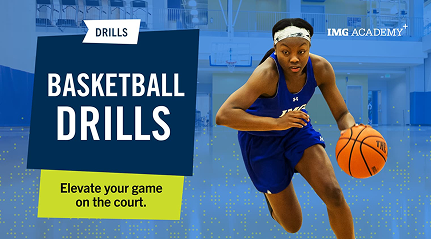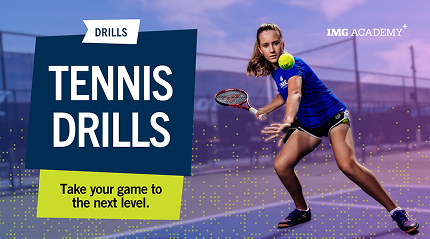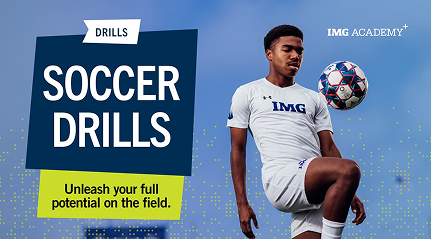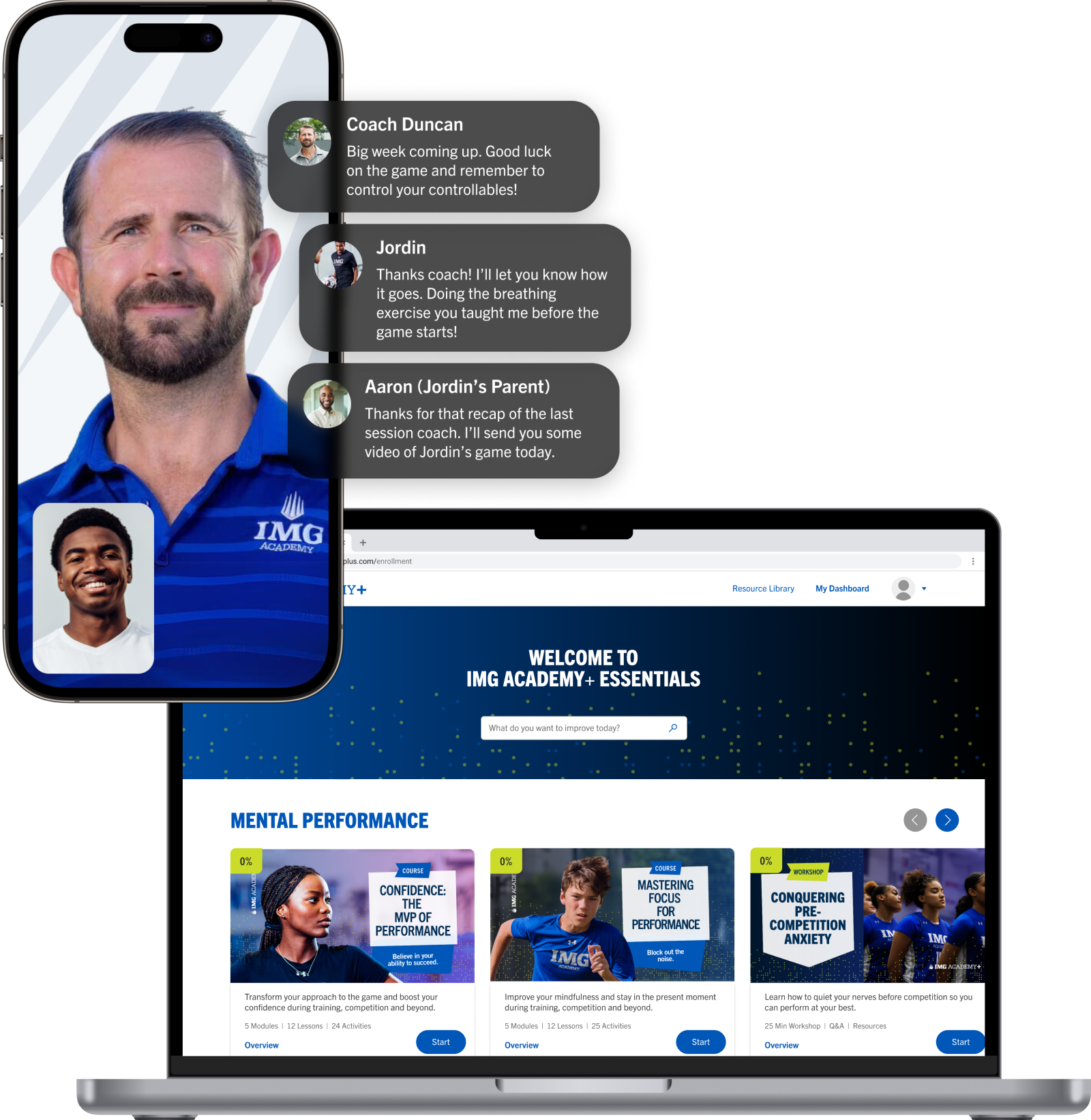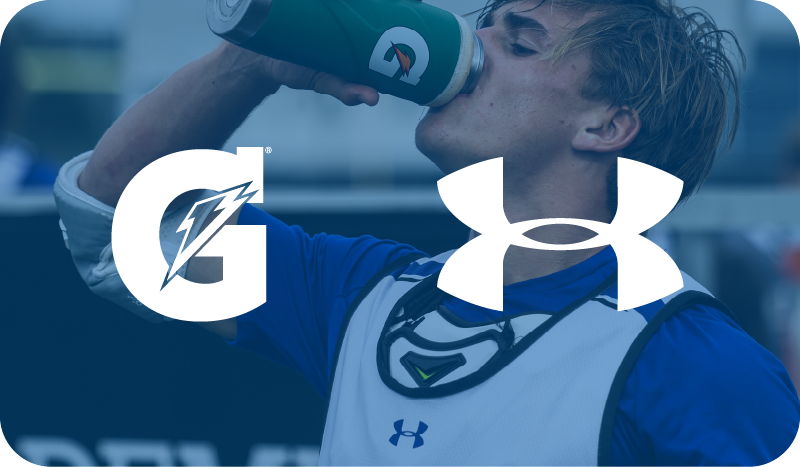In team and individual sports, the ability to persevere in the face of challenges is essential. In addition to having strong bodies, it's the athletes with grit, determination, resilience, and the mental toughness to persist who can separate themselves from their peers.
That said, unlike training your body and seeing tangible changes from your work in the weight room, training for mental toughness is trickier to observe and even harder to measure. It's often only in competition, when challenges present themselves, that athletes find out whether they have what it takes to pull through.
But that doesn't mean it's not possible to train your brain. Mental toughness is just another skill that student-athletes can and should be working regularly to sharpen.
What Is Mental Toughness?
When it comes to mental toughness, it's helpful to first pin down exactly what it means.
"I think the easiest [definition] I've landed on is having the mindset and capabilities to meet the challenges of practice and competition," says Dr. Duncan Simpson, Director of Personal Development at IMG Academy. "If you can meet the challenges that practice and competition send your way, then you're mentally tough."
However, figuring out what those challenges have been in the past and what they will be in the future isn't always obvious. "Clarifying what might be the thing that's keeping you from handling the challenges of competition is the first step," says Lindsey Hamilton, Head of Mental Performance at IMG Academy. It's usually something in one of five areas: confidence, resilience, focus, commitment, and the ability to handle pressure.
For example, athletes who struggle under pressure may experience an elevated heart rate, sweating, or shaking, which can erode their mental toughness. But by working with a mental performance coach on breathing techniques to use in the moment, high-stress situations can become easier to handle.
Once an athlete has identified where they may be struggling, it's easier to drill down on those areas.
Being Mentally Tough Takes Practice
Just like any other skill, developing mental toughness requires training — which isn't always easy to come by. As Hamilton notes, there are only so many ways to simulate pressure or stress outside of competition, so even though student-athletes may fully grasp the concept of mental toughness and master the tips they're given, they may still crack at critical moments. That's no cause for concern. It takes a long time to build and reinforce mental toughness, so staying positive in the face of struggles and trying to avoid feeling discouraged is crucial.
How Parents Can Influence Mental Toughness
When a student-athlete faces a challenge without showing great mental toughness (as will happen even as this skill is being developed), parents can play an important role in keeping their children from spiraling. Hamilton says it's key for parents to validate feelings of frustration and disappointment without judgment. And for the player, it's about "taking a moment to allow yourself to be upset, to reflect on what you can learn, and get better," she says.
How Teammates Can Influence Mental Toughness
Of course, athletes in team sports also have a second family to compete and train with. Coaches and players can have a huge impact on one another, and having teammates to prop each other up after a difficult day or when someone feels they've let the entire group down can create a sense of communal mental toughness that also translates to competition.
"When you play poorly, and you know that your team trusts you and your team believes in you and your team is still cheering you on and encouraging you, that can help the performance of the team," Hamilton says. "When the team has something they can anchor to when it's not going well collectively, it gets everybody back on the same page and able to move forward, which is what mental performance, in many ways, is trying to accomplish."
Want to learn how to improve your ability to handle pressure, focus better, and become more resilient? Explore IMG Academy+ mental performance coaching.
Learn More


